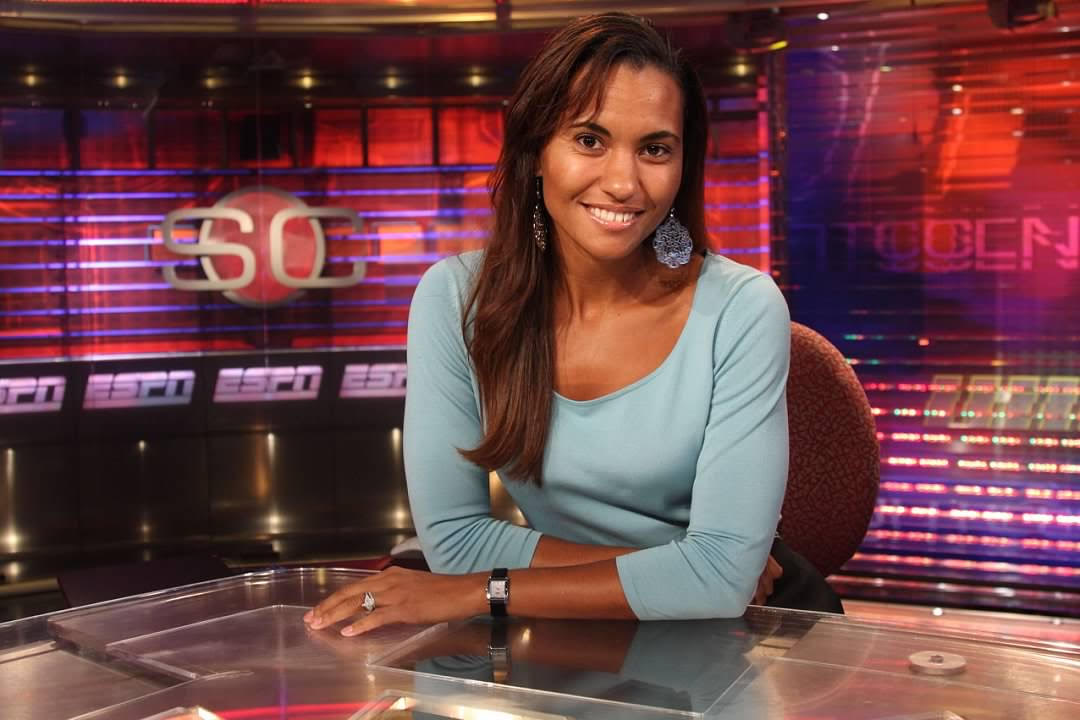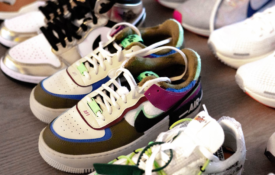As the timer starts ticking down for 2021’s final quarter, our ears still ring with the impassioned clamor of public rally cries for increased representation, equity, and empathy at every organizational level. This radical renovation of internal practices and personnel by big brands seeking to match pace with the public demand and become more reflective of the populations they serve is an inarguable small recent victory—but one that was certainly not won overnight, and one that is far from finished.
You see, each organization has (or should have) been touched by uniquely skilled diversity and equity practitioners who have been hard at this work for their entire careers, often serving as internal consultants who must master each and every business unit quickly, comprehensively, and quite often, thanklessly. In fact, an analysis of the 60 million professionals within ZoomInfo’s database showed that “approximately 2,250 roles with ‘diversity’ or ‘inclusivity’ in the title existed in 2019, compared with 876 in 2014.” Now, as brands begin to evolve into more humane and inclusive entities, we—the executive leaders of those influential organizations—look to each other for the best next steps in institutionalizing and operationalizing sustainable, systemic, representative change.
To that end, I would argue: Who better to lead the march forward at the highest executive and operational levels than the very same solution-minded diversity professionals who built the framework for that change to begin with?
Historically an organizational afterthought, this discipline was carefully developed by those who have battled tirelessly, both internally and externally, for equity in corporations and legacy institutions for decades. These individuals have routinely stepped beyond their specialties to quickly learn the ins and outs of business niches in almost equal measure with those who have spent their entire lives studying and earning degrees in those fields. These bold, brilliant equity warriors had to become theoretical professors of finance, earn their honorary doctorates in supply chain management, and, most certainly, needed to possess a self-taught master’s degree in business strategy and execution.
But the true beauty of this discipline is that it starts with people, first.
Equity, like any intellectual property, starts with humans. Intellectual property springs from the mind and is catalyzed by the heart. It is often seen as a commodity—something that can be patented, researched, and sold—but when intellectual property is deemed as the method by which we connect and progress as humans, then that is exactly what you must lead with: the humanity of it all.
I’ve often joked that the role of a chief operations officer is to set up a vast, very complex set of dominos in intricate and elaborate patterns in order to continually orchestrate statistically phenomenal outcomes—where every domino falls perfectly into its proper place and the ball drops beautifully into the bucket without a single falter. That level of elegantly designed execution takes an unmatched emotional intelligence. It calls for future vision and detailed planning. And it requires a deep understanding of people—what motivates them, what scares them, and what their desired outcomes truly are.

I first learned these intangibles while serving with and leading supplier diversity teams at Disney and NBCUniversal. I also practiced this in my work with the National Minority Supplier Development Council and its local council here in L.A., where I had to deeply understand not only the needs of the organization itself and the corporations we served, but also the intricacies of each and every diverse-owned business I coached on how to best meet the needs of those corporations. We created industry-first programs, protocols, and events to increase access and representation, where we matched diverse-owned businesses with the major entertainment networks and studios that needed their services most. We created the first-ever diversity event at the National Association of Broadcasters (one of the most nuanced, engineering-based industries out there) out of our genuine understanding of what was needed to position those businesses for success as well as the first minority business event focused on below-the-line crafts. And it all started with people. It all stemmed from the innovative ideas that came from their lived experiences overcoming adversity and exclusion, as well as from their successes and celebratory joy.
That was the business of building out the supplier diversity specialty in the early 2000s. We had to think about how we could position those diverse businesses to solve some of corporate America’s biggest problems and coach them toward active solutions in ways that major organizations still hadn’t figured out yet—in environments and in front of decision makers that weren’t always welcoming. We had to constantly battle the philosophies that dismissed those suppliers as simply not good enough, not competitively priced enough, without ever acknowledging the myriad of real reasons why those individuals had not gotten the true opportunity to scale their volumes in such a way that their predominantly white counterparts had already achieved.
We also fought to ensure that the small benefit that sometimes came with their status as a diverse business owner (and believe me, it wasn’t always a benefit) was kept—because often that tiny advantage was called into question the moment those business owners tried to scale through institutional capital, when they no longer held 51% ownership over the business. While they managed to scale out the philosophical impact of that smaller ownership stake to create jobs and change trajectories in historically underutilized communities, their diverse-owned status was threatened by the very action necessary for them to compete. That work wasn’t easy, but it was some of the most rewarding work of my life.

I am certain that those experiences taught me the financial systems, business operations, and industry intricacies that prepared me for my COO role today, and yet, diversity professionals (of which there are thousands upon thousands) and people with powerful, relevant, lived experience continue to be overlooked for key operational roles that affect both top and bottom lines. It’s not lost on me that this issue also disproportionately affects women from underrepresented and underutilized ethnic and racial backgrounds, a reality that Forbes reiterated earlier this year by revealing, “Black women in the workforce … [are] statistically underrepresented in executive and line functions …. While only 2% of executives are Black … and only 3% are Latinx … Black women face an especially hard path to a CEO role, with 65% of Black female executives in a staff role, as opposed to line roles.” This huge area of opportunity (or glaring historic oversight, depending on how you want to look at it) shouldn’t be lost on you, either.
As we answer this call for products and projects that reflect broader backdrops and backgrounds, it is critical that our approach be informed, if not directed, by those very people who can bring their lived experience and sharpened solution-oriented skill set to the table—the people who can bring those stories to life in the most authentic, thoughtfully executed ways.
Those people are our representation and diversity professionals, our equity warriors.
As business leaders, the question we must ask is no longer whether we have a diverse professional in the slate. The question we should be asking ourselves, our teams, and our advisors is this: “Who has the genuine lived experience and expertise necessary to offer comprehensive and authentic insight into these initiatives that are driving relevance, revenue, and credibility?”
That is the starting line.
So, the next time there is a senior operational or executive position open at any level of your organization, I can assure you that your inclusion and equity professionals, especially those in the supplier diversity specialty, should be at the top of your list—for they understand every aspect of your business in ways that some of your most senior executives may not, and they can likely offer an authentic perspective that will capture and captivate more of your audience than you realize.
Christine Simmons is an accomplished COO, business executive, and board director with 20+ years’ experience devising strategy and leading transformational change for iconic B2B/B2C leaders: Academy of Motion Picture Arts and Sciences, Los Angeles Sparks, NBCUniversal Inc., The Walt Disney Company, and Magic Johnson Enterprises. Read more of Christine’s thought leadership here.














































